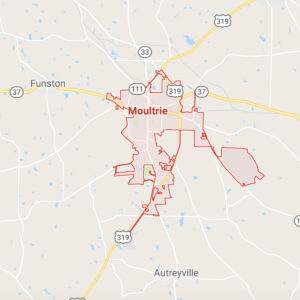
Transcript:
Most bedsores develop on the sacrum, but they can also occur on the heel, the femur, sitting bones, fibular head, scapula, and ankle. Bony prominences, or parts of the body in which tissue is closest to the bone, are often more susceptible to bedsores.
Bedsores, or pressure ulcers, usually occur where pressure is exerted on the skin, which makes bony body parts (like the spine, elbow, and heel) especially susceptible. Remaining in the same position for extended periods of time creates pressure which often leads to bedsores. For example, sitting in a chair for a long time may cause pressure ulcers to develop on the sit bones or lower back (the sacrum), the tailbone, shoulder blades, and backs of the knees. In a chair with arm rests or lap boards, pressure ulcers can develop on the elbows. Lying in bed for too long may result in pressure ulcers forming on the back of the head, on the ears, shoulder blades, elbows, hip bones, tailbone, ankles, or heels, depending on how the body is positioned.
Bedsores can also develop where medical devices like tubes, casts, or braces exert pressure or friction on the body. Alternately, a person may develop bedsores if they suffer from rheumatoid arthritis or another condition that puts pressure on the legs, arms, or fingers.
As nursing home residents are often more susceptible to bedsores due to limited mobility and use of medical devices, nursing homes should take every precaution to prevent bedsores, which involves minimizing pressure through proper padding and repositioning. Nursing homes should evaluate a resident’s likelihood of developing pressure ulcers by assessing his or her skin condition and tissue tolerance, and regularly checking parts of the body on which a resident is most likely to develop bedsores.
If a nursing home fails to prevent a resident from developing bedsores, or fails to promptly treat bedsores, then that facility may be guilty of neglect, under Georgia state law. This means the nursing home may be required to cover the cost of any medical expenses related to the bedsores and compensate the resident for pain and suffering.
If your loved developed bedsores at a nursing home or assisted living facility, and you are wondering if you have a claim, please feel free to call and speak to one of our experienced Georgia nursing home neglect lawyers today. Our consultations are always free. If you would like more information about this topic, be sure to click on our other videos, or better yet, click the subscribe button to subscribe to our YouTube channel. Thank you.




